|
Ta-Nehisi Coates is an American writer, journalist, and educator. Coates is a senior editor for The Atlantic, and blogger for that publication's website where he writes about cultural, social and political issues. His writings on race, such as his September 2012 Atlantic cover piece "Fear of a Black President" and his June 2014 feature "The Case for Reparations," have been especially praised, and have won his blog a place on the Best Blogs of 2011 list by TIME Magazine and the 2012 Hillman Prize for Opinion & Analysis Journalism from The Sidney Hillman Foundation.
Our biases can be dangerous, even deadly — as we've seen in the cases of Michael Brown in Ferguson, Missouri, and Eric Garner, in Staten Island, New York. Diversity advocate Vernā Myers looks closely at some of the subconscious attitudes we hold toward out-groups. She makes a plea to all people: Acknowledge your biases. Then move toward, not away from, the groups that make you uncomfortable. In a funny, impassioned, important talk, she shows us how.  Remember how good you felt when Black History Month rolled around and you finally got to learn and talk about significant African American historical figures in school? Well, according to new research published in the Journal of Child Development, affirming a black child’s desire to learn about their race does more than just give them a personal boost, it helps them academically as well. The study, conducted by Ming-Te Wang and James P. Huguley of the University of Pittsburgh and Harvard University respectively, found that “racial socialization”—teaching kids about their culture and involving them in activities that promote racial pride and connection—helps to offset the discrimination and racial prejudices children face by the outside world. Wang explains: Wang’s study surveyed 630 adolescents from middle class backgrounds to explore how racial discrimination and prejudice in school affects their G.P.A., educational goals, and future aspirations. They found racial pride to be the single most important factor in guarding against racial discrimination, and discovered it had a direct impact on the students’ grades, future goals, and cognitive engagement. Despite fewer instances of multicultural and inclusive learning in school and the increased frequency in which black students are treated more harshly than their peers, Wang’s study shows that teaching kids, especially black children, to take pride in their culture is an integral part of their success. Wang sums it up: SOURCES: http://www.news.pitt.edu/Rac_Pride_black_teens http://onlinelibrary.wiley.com/doi/10.1111/j.1467-8624.2012.01808.x/abstract http://www.clutchmagonline.com/2013/01/new-study-black-students-who-are-taught-racial-pride-do-better-in-school/ 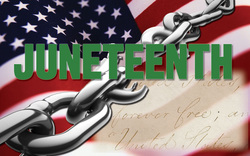 Juneteenth is the oldest known celebration commemorating the ending of slavery in the United States. Dating back to 1865, it was on June 19th that the Union soldiers, led by Major General Gordon Granger, landed at Galveston, Texas with news that the war had ended and that the enslaved were now free. Note that this was two and a half years after President Lincoln’s Emancipation Proclamation - which had become official January 1, 1863. The Emancipation Proclamation had little impact on the Texans due to the minimal number of Union troops to enforce the new Executive Order. However, with the surrender of General Lee in April of 1865, and the arrival of General Granger’s regiment, the forces were finally strong enough to influence and overcome the resistance.
The reactions to this profound news ranged from pure shock to immediate jubilation. While many lingered to learn of this new employer to employee relationship, many left before these offers were completely off the lips of their former 'masters' - attesting to the varying conditions on the plantations and the realization of freedom. Even with nowhere to go, many felt that leaving the plantation would be their first grasp of freedom. North was a logical destination and for many it represented true freedom, while the desire to reach family members in neighboring states drove the some into Louisiana, Arkansas and Oklahoma. Recounting the memories of that great day in June of 1865 and its festivities would serve as motivation as well as a release from the growing pressures encountered in their new territory. The celebration of June 19th was coined "Juneteenth" and grew with more participation from descendants. The Juneteenth celebration was a time for reassuring each other, for praying and for gathering remaining family members. Juneteenth continued to be highly revered in Texas decades later, with many former slaves and descendants making an annual pilgrimage back to Galveston on this date. Today, Juneteenth is enjoying a phenomenal growth rate within communities and organizations throughout the country. Institutions such as the Smithsonian, the Henry Ford Museum and others have begun sponsoring Juneteenth-centered activities. In recent years, a number of local and national Juneteenth organizations have arisen to take their place along side older organizations - all with the mission to promote and cultivate knowledge and appreciation of African American history and culture.
Juneteenth today, celebrates African American freedom and achievement, while encouraging continuous self-development and respect for all cultures. As it takes on a more national, symbolic and even global perspective, the events of 1865 in Texas are not forgotten, for all of the roots tie back to this fertile soil from which a national day of pride is growing. The future of Juneteenth looks bright as the number of cities and states creating Juneteenth committees continues to increase. Respect and appreciation for all of our differences grow out of exposure and working together. Getting involved and supporting Juneteenth celebrations creates new bonds of friendship and understanding among us. This indeed, brightens our future! Source: http://www.juneteenth.com/history.htm |
Archives
October 2017
Categories
All
|


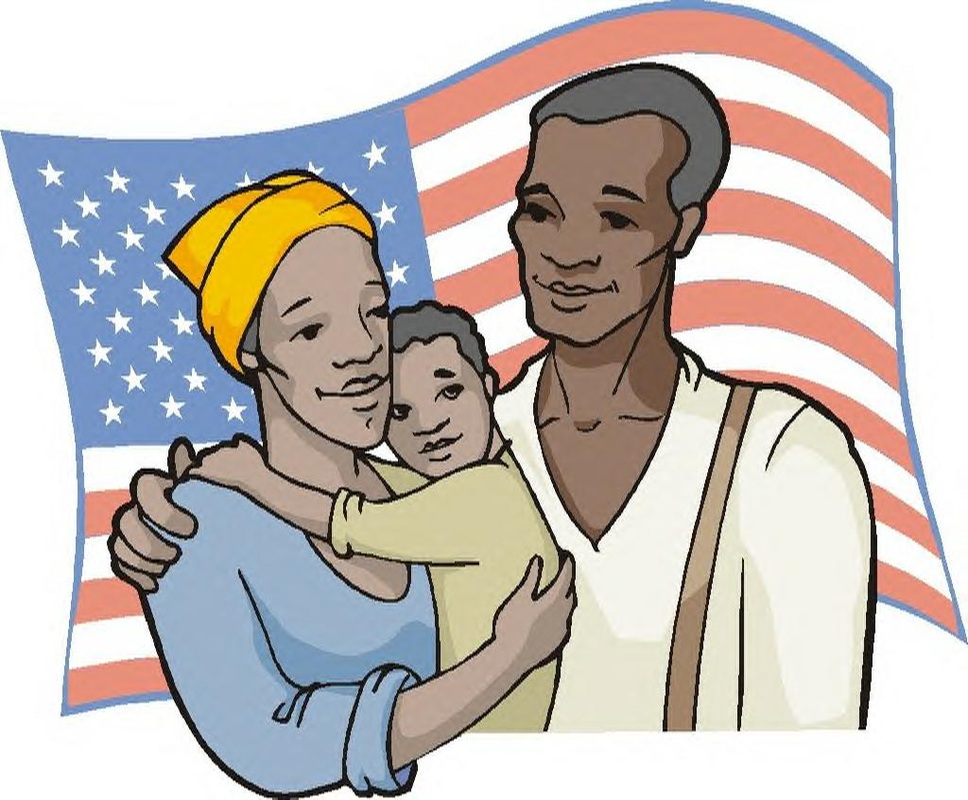
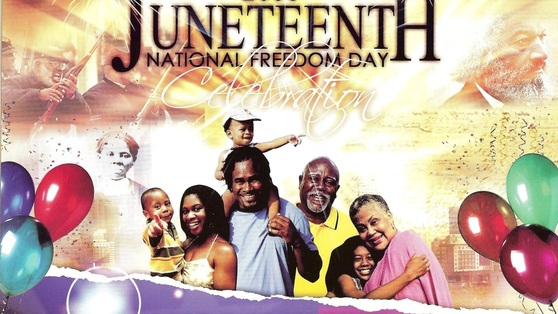

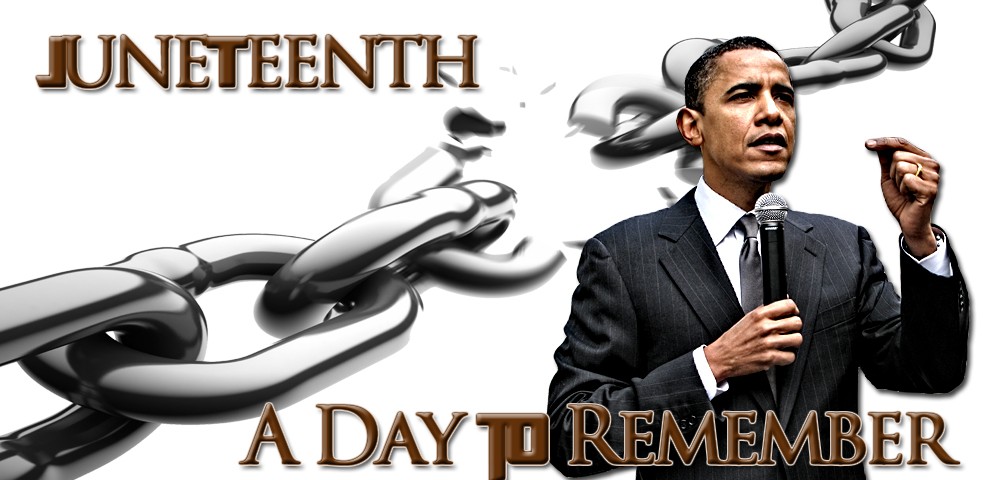
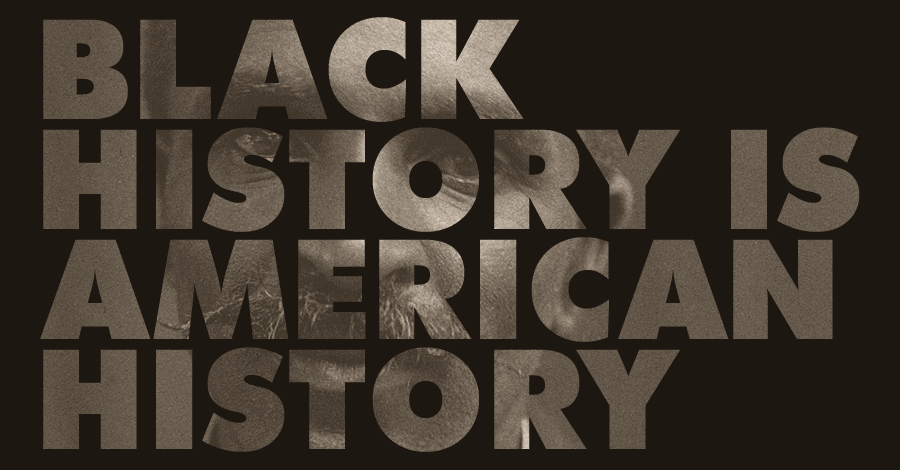

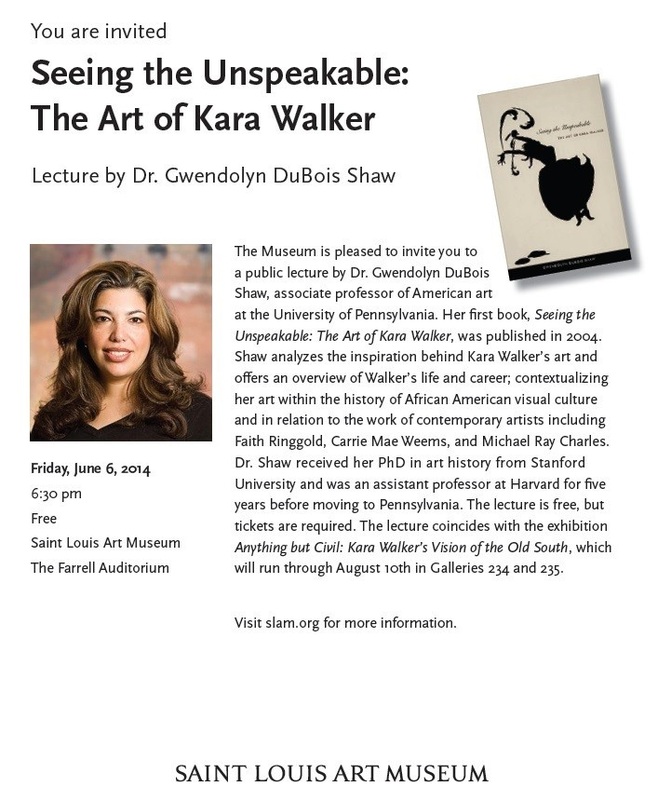
 RSS Feed
RSS Feed
